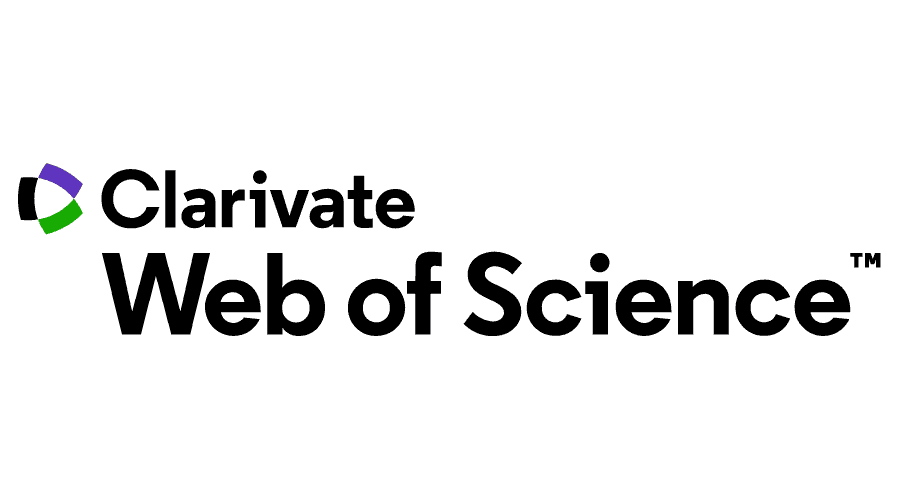Abstract
Research Aims - This paper focuses on the institutions that the ASEAN Economic Community (AEC) project will affect. By employing institutional logics theory, this study scrutinizes academics and business practitioners as institutions and the cultural context embedded within them. Methodology - A mixed method of newspaper data analysis and semi-structured interviews was used to obtain comprehensive data from both sources. Research findings - The findings suggest a definite orientation gap between business practitioners, associations, and academics—the three groups have less information and contributions compared with the government and association influences. This study concludes that more participation is needed from these institutions, which are currently feeling “victimized” and excluded by the project. Originality - The originality of this paper lies in its application of institutional logics to business perspectives within an Indonesian context. The framework offers a holistic approach to how people are institutionalized based on their macro-, meso-, and micro-environments. Managerial implications in the Southeast Asian context - There has been a lack of communication and coordination amongst these institutions. Therefore, this study guides the related institutions and helps them to map their roles in enhancing the AEC project. Research limitations and recommendations - This research has two limitations: 1) the lack of literature in this field, and 2) and the difficulty in accessing information from the government institutions. The paper offers avenues for further research: additional variables regarding Indonesian norms and values as well as a method for extending the research to other ASEAN members.
Recommended Citation
Hermawan, Marko S. and Choong, Lena
(2018)
"Mapping the Terrain: An Indonesian Business Perspective of the ASEAN Economic Community,"
The South East Asian Journal of Management: Vol. 12:
No.
2, Article 4.
DOI: 10.21002/seam.v12i2.9730
Available at:
https://scholarhub.ui.ac.id/seam/vol12/iss2/4
Included in
Management Information Systems Commons, Management Sciences and Quantitative Methods Commons











